Published by Chris Townsend
Last updated Dec, 11 2025
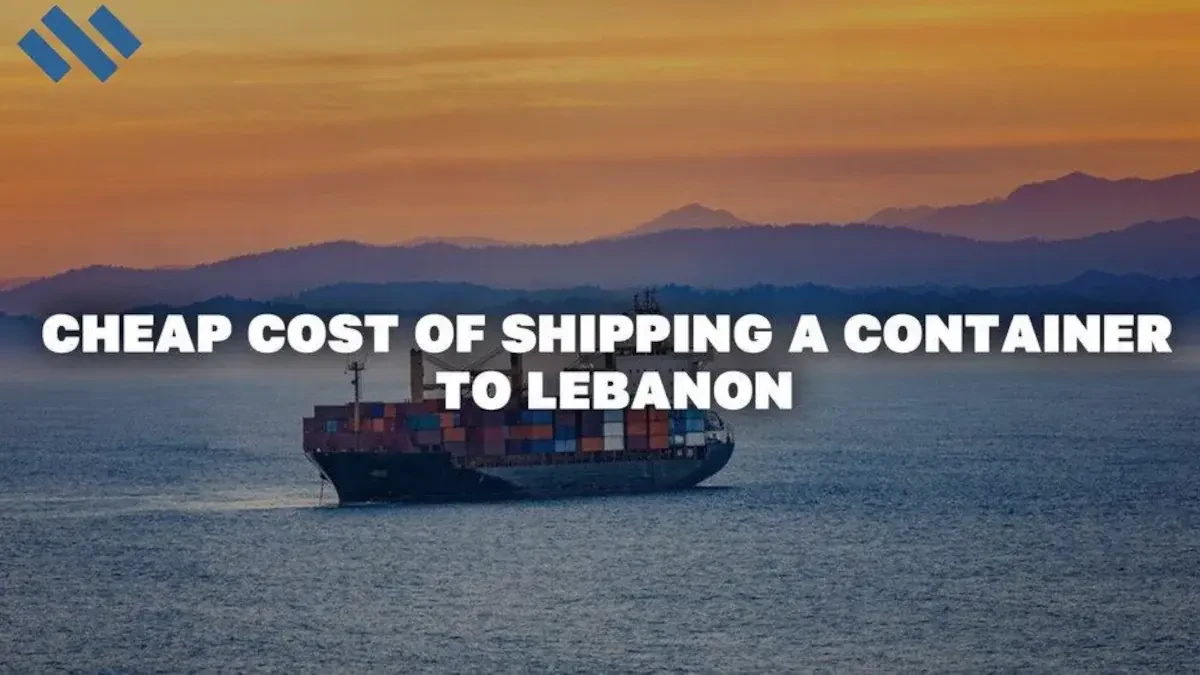
How Much Does It Cost To Ship A Container To Lebanon?
If you are thinking about shipping a container to Lebanon and the complex process of international shipping worries you, we have the solution. We focus on offering the cheapest rates to our customers while handling their cargo with the highest level of care and professionalism. With over two decades of experience in the moving business, we are the company you want when you want to ship a container safely.
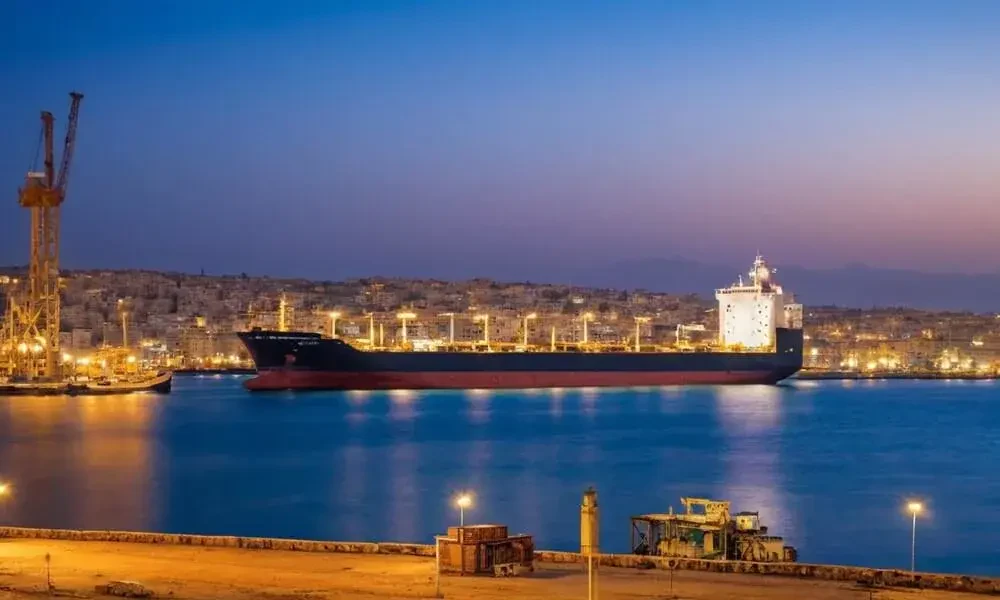
Factors That Affect the Cost of Shipping
Transparency is the cornerstone of our pricing policy. We break down all the factors that will impact the price of your quote to make sure you are satisfied with our terms. Here are the five major factors that affect the shipping cost of a container:
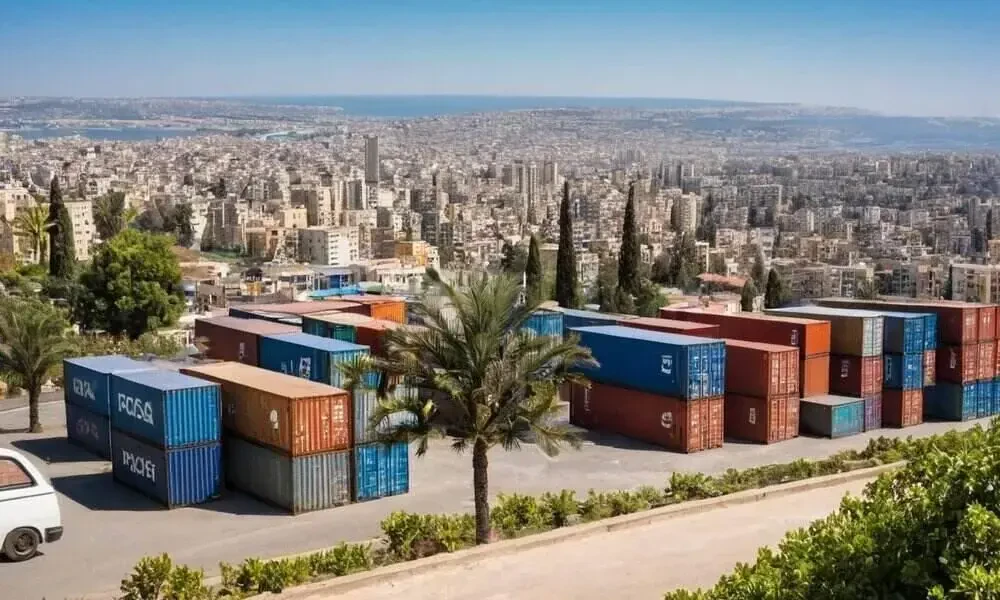
- The destination port.
- Your items’ weight and volume.
- The distance.
- The time of the year.
- The chosen means of transport
You might ask yourself what the time of the year has to do with shipping costs. Demand drives pricing decisions, and during the high season (January, February, August, and September), shipping lines experience a spike in demand, and so the price rises as well.
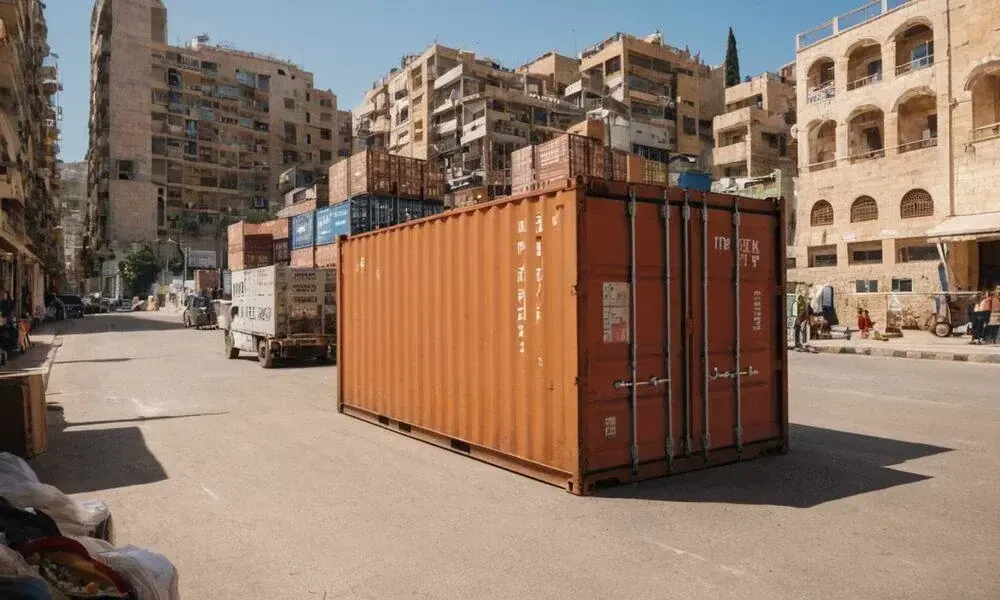
The destination port affects the price through the charges incurred on arrival. The charges may vary since ports in one country are not necessarily under a central authority. Our team at Three Movers has valuable experience and knowledge in such situations. We will recommend the ideal options based on your needs.
Other secondary factors that will affect the shipping cost include:
- Insurance: Shield yourself from losses from unforeseen circumstances by paying a premium based on the value of your cargo.
- Customs fees: Lebanon’s port and customs authorities will require you to pay the statutory import duties.
- Inspections: This might not be necessary if your container is not selected for inspection. However, if it is, the inspection prices are passed on to you.
- General Rate Increase (GRI): Operators in the shipping industry protect themselves from making losses using the GRI. The rate is adjusted based on the changes in operating costs.
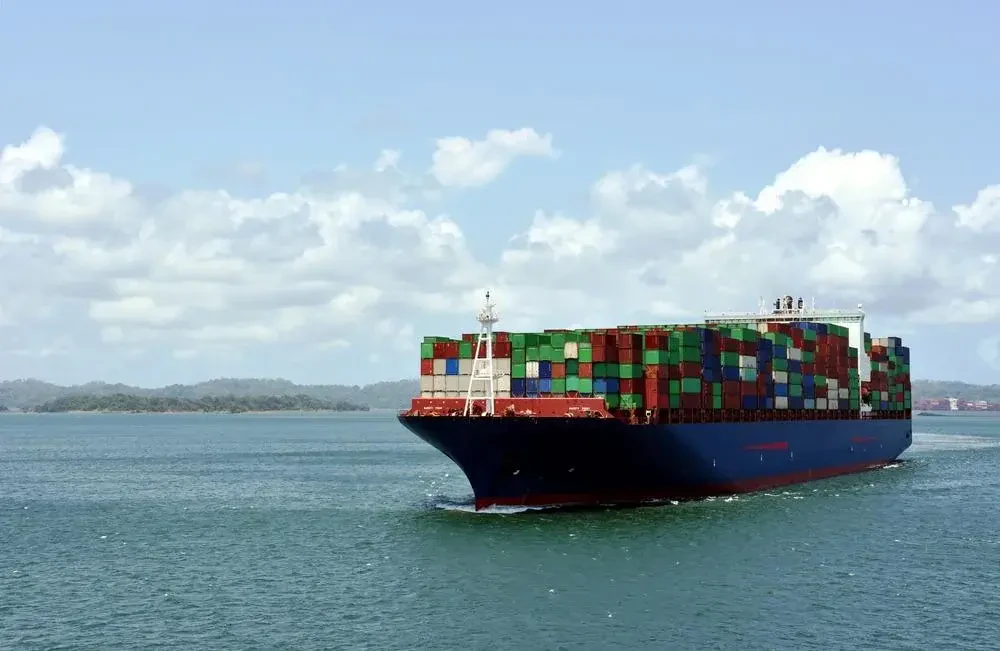
Instant Rates For Shipping Containers To Lebanon
Average Container Shipping Rates Estimates
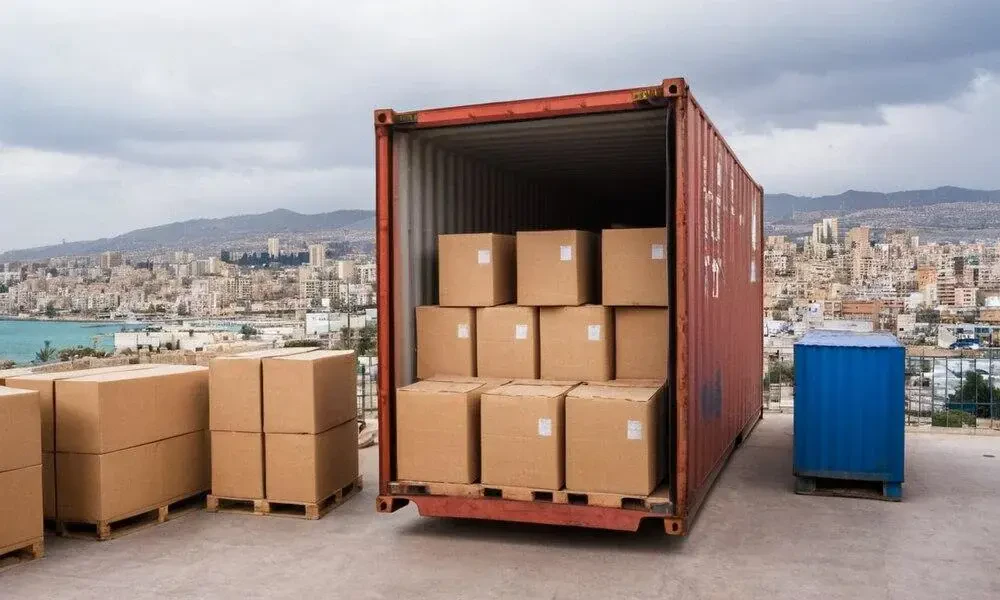
FCL shipping is best for transporting lots of boxes, pallets and anything which will require a full container shipping to Lebanon of up to 45,000lbs.
Full Container Load (FCL) Shipping Rates | |
|---|---|
| 20 ft Container | $1250 |
| 40 ft Container | $1350 |
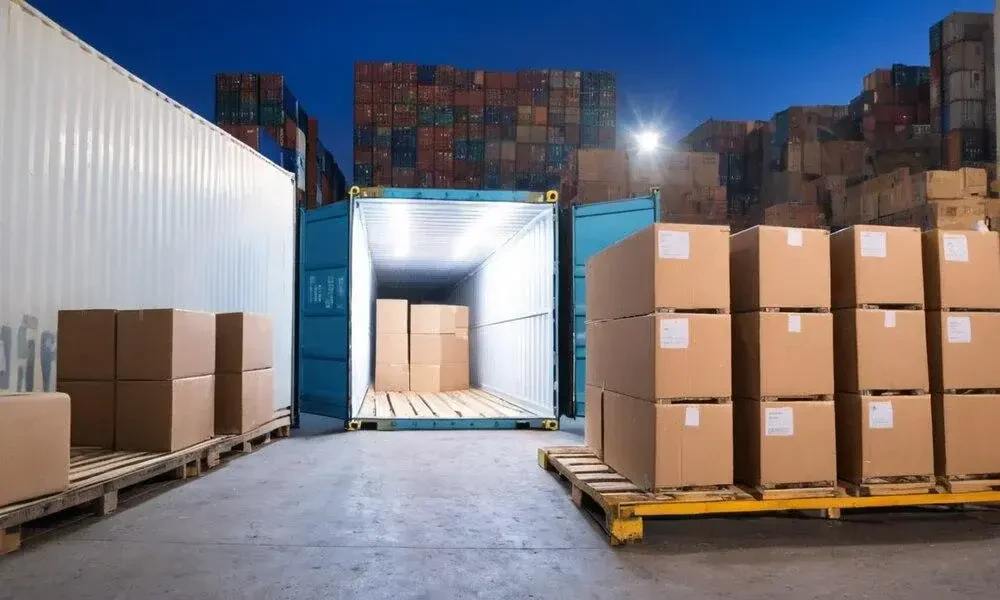
LCL shipping is more affordable way to transport less than container load shipments to Lebanon.
Less Than Container (LCL) Shipping Rates | |
|---|---|
| LCL | $59/CBM |
| Household Goods | $535 |
| Personal Effects | $490 |

International house moving to Lebanon services - quick, easy and cheap.
International House Moving Costs | |
|---|---|
| Partial House (2000Lbs & Less) | $485 |
| 1 Bedroom (3850 Lbs) | $2000 |
| 2 Bedroom (4500 Lbs) | $2500 |
| 3+ Bedroom (8750 Lbs) | $3200 |
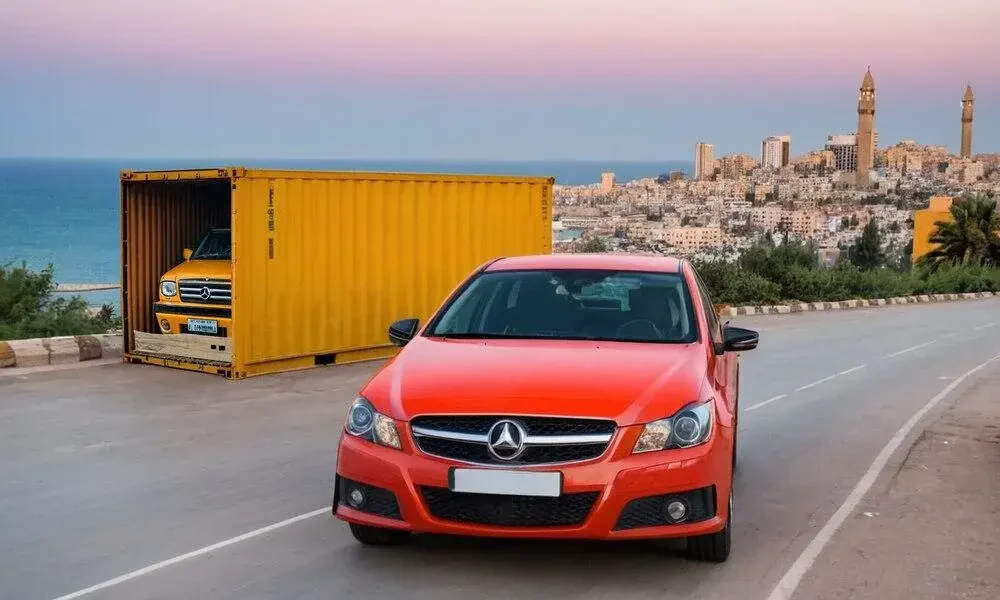
International auto transport services to Lebanon via RoRo and container ships. Ship cars, trucks, suvs, atv's, boats, RV's, heavy equipment and more.
Container Car Shipping | |
|---|---|
| Sedan (Container) | $1750 |
| SUV (Container) | $1850 |
| Sedan via RORO | $1070 |
| SUV via RORO | $1130 |
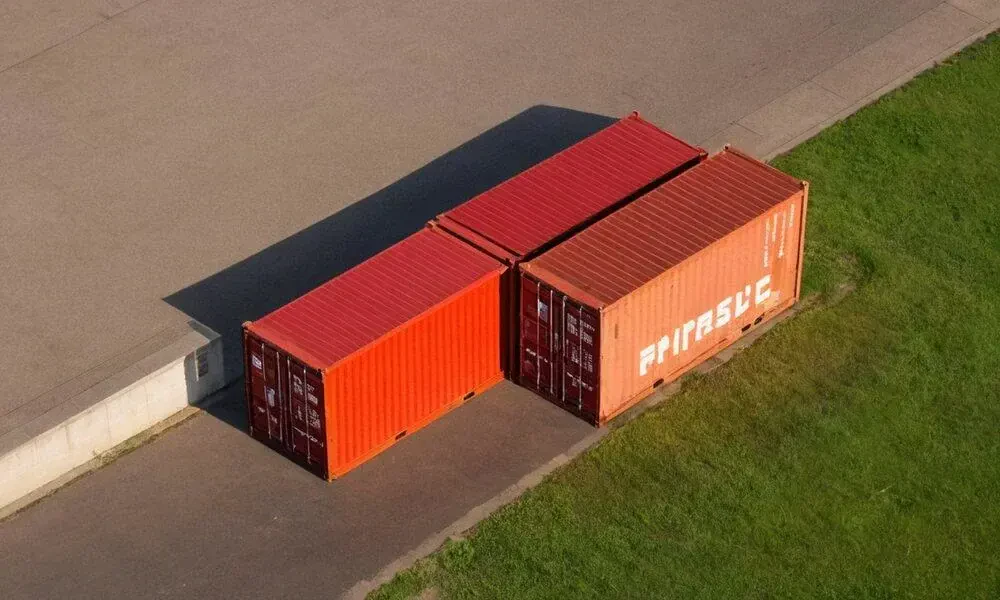
Which Size of Shipping Container Works Best for Me?
Once you have decided that the best way to transport your items to Lebanon is to use a shipping container, your next step is determining the suitable size. We have two options:
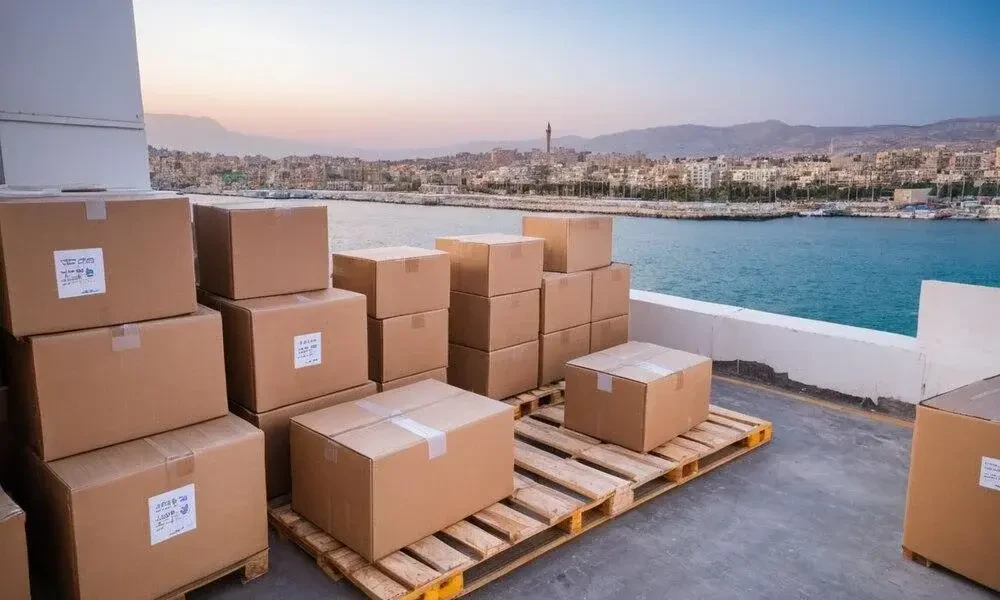
- The 20ft Receptacle: If your items fit in a typical three-bedroom house or anything smaller than that, this size is the right one.
- The 40ft Receptacle: If your items fit in a typical four-bedroom house or anything bigger than that, this is the size you need.
Once you figure that out, the next choice is whether to share the container or have exclusive use of it. The LCL option applies when you are willing to split the expense with another party. The Full Container Load (FCL) option applies when only your cargo enters the receptacle. You can select this option when your shipment covers the container’s entire volume or if you simply prefer that your items not be mixed with those belonging to other people.
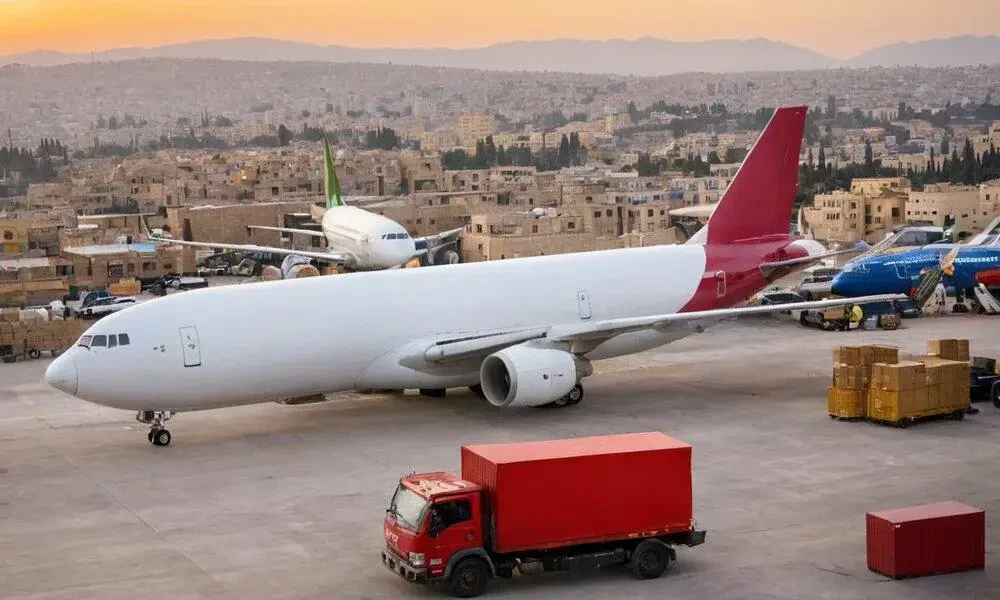
Understanding The Different Types of Freight Transportation
There are two options when shipping a container to Lebanon:
- Air Freight: Your container will arrive in 2-4 business days. The expense of air cargo will be high, but you will enjoy the convenience of fast delivery.
- Sea Freight Services: A ship will take 2-8 weeks to deliver your container to Lebanon. You get to enjoy the low costs and the pleasure of knowing that your shipping process minimized your carbon emissions.
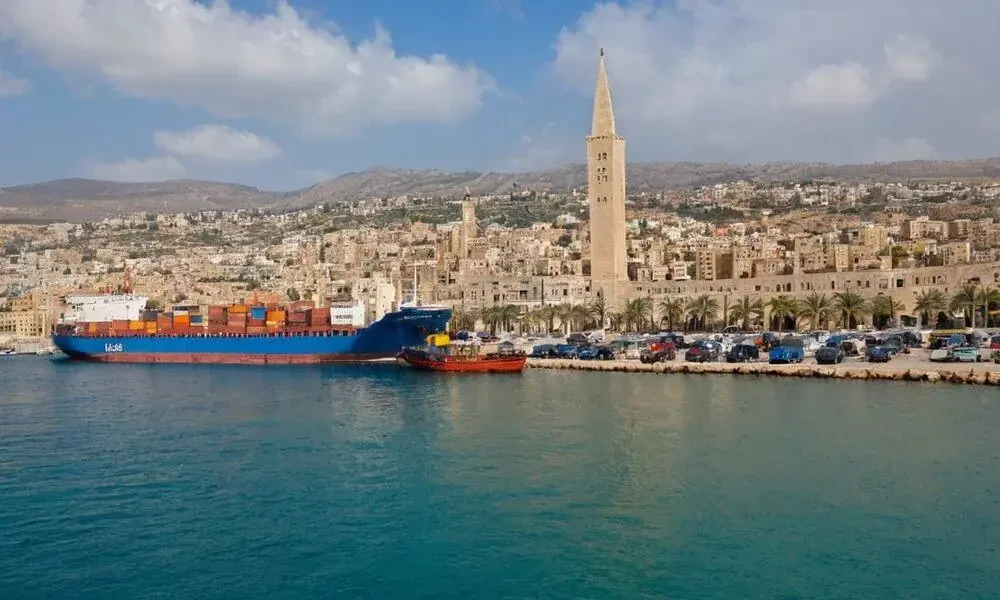
What’s Next?
We have offered you some insight into the various factors that affect the cost of shipping a container to Lebanon. Please take the next step and contact us for a free quote instantly. Please fill out your details on our website; your quote will be available shortly.
We also have a toll-free number (888) 202-0036) that you can call, talk to a representative and get your quote afterwards. Three Movers are dedicated to offering you the cheapest solutions for container hauling while giving you peace of mind knowing your items will be safe.
Find Cargo Containers For Freight Transport & Relocation
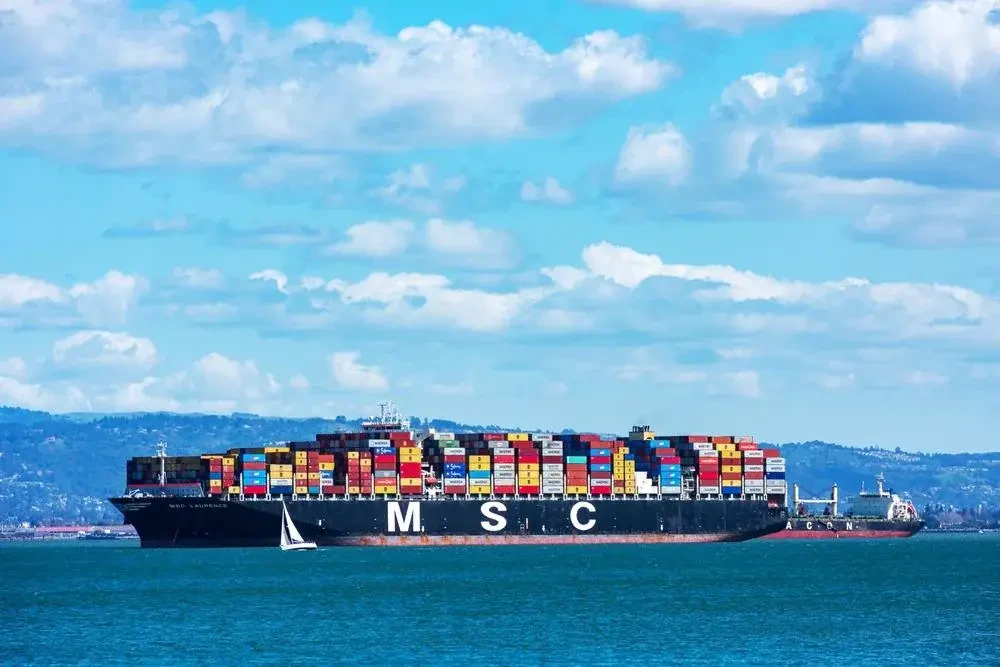
Frequently Asked Questions
Most shippers pay 2,100–6,800 dollars for a 20- or 40-foot container to Lebanon. Rates shift with origin port, fuel surcharges, carrier selection, and whether you use FCL or LCL service. Costs rise when freight requires special handling, inland trucking, or extended port storage. See our international moving costs for common long-distance price drivers.
Key influences include container size, shipment weight, origin port (China, USA, Dubai, or EU), seasonal congestion, and whether the cargo is consolidated. Added charges such as documentation, crating, port fees, or special commodity approvals also shape the final bill. Review typical surcharges on our moving prices page.
LCL is usually cheaper for loads under 12–14 cubic meters, because you pay only for the occupied space. FCL becomes cost-efficient when volume approaches half a container or more. LCL often adds 3–7 days for consolidation steps. Our international moving and storage guide outlines common volume breakpoints.
Transit is usually 22–45 days, depending on origin port and intermediate stops at Mediterranean hubs. Weather, port congestion, and customs documentation can extend timelines. Inland delivery to Beirut or Tripoli adds 1–3 days. To understand how shipping timelines interact with long-distance logistics, see our long distance movers overview.
The lowest-cost method typically involves LCL consolidation, flexible sailing dates, and using major departure ports with frequent vessel schedules. Self-packing and minimizing accessorials also reduce expenses. Our moving storage containers page explains container formats that help control cost.
Yes. Importers may encounter terminal handling fees, customs duties, VAT, inspection costs, and port storage if documentation is delayed. Commodity classification, declared value, and screening requirements strongly influence these charges.
Lebanon restricts certain chemicals, flammables, medical items, perishables without permits, and goods that conflict with cultural or regulatory rules. Carriers also maintain their own acceptance policies based on hazard class and packaging integrity.
Insurance is optional but highly recommended. It protects against damage, theft, contamination, and general-average events. Premiums depend on shipment value, commodity risk, and whether you choose FCL or LCL service. Many shippers add coverage for predictable cost control.


